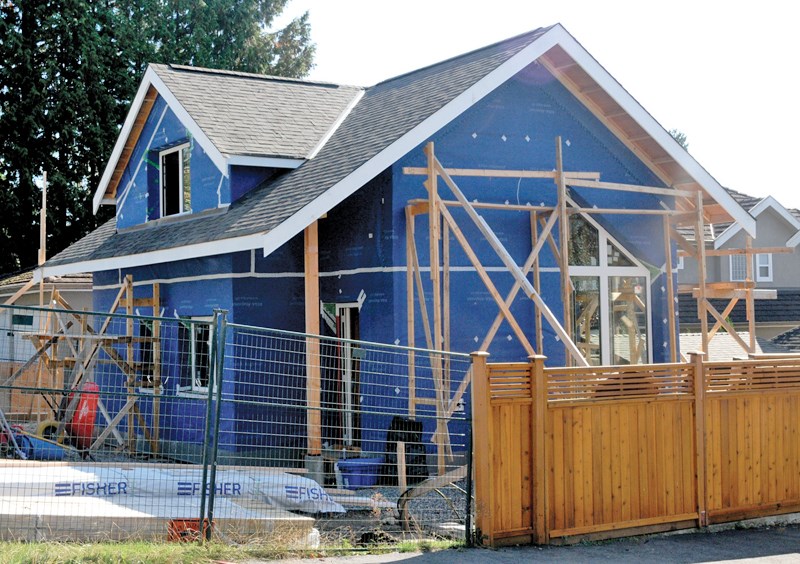New homes in the City of North Vancouver are slated to be a little more expensive and a lot more efficient.
City council unanimously endorsed new construction guidelines in accordance with the B.C. Energy Step Code at an Oct. 2 meeting. The change is slated to come into effect as of Dec. 15.
“That’s the way the world has to go,” pronounced Coun. Rod Clark. “Otherwise, we’re just going to keep pumping out (greenhouse gas emissions), and the climate’s going to heat up and eventually we’ll all be toast.”
Mayor Darrell Mussatto agreed. “It’s the right thing to do. It’s the right time to do it.”
The more stringent standards are designed to make new homes 10 per cent more energy efficient by July 1, 2018. For homes that exceed 1,200 square feet, construction costs are expected to rise by as much as 0.9 per cent, according to a city staff report. For smaller homes the hop in capital costs is anticipated to be 0.4 per cent.
The standards don’t yet apply to civic buildings, hospitals, schools or rec centres, much to the chagrin of Coun. Linda Buchanan. “I think those need to come online sooner than later,” she said, emphasizing the high costs of retrofitting a building “after the fact.”
The new building code focuses on “quality assurance rather than new technologies,” according to a city staff report.
The code focuses on design issues related to heat loss, such as the placement of windows and doors, and the size of balconies. The code also notes that the ideal heating system depends on the design of the building. For example, electric baseboard heating can be useful in a smaller space where little heat is required, according to a report prepared by BC Housing and the Energy Step Code Council.
While cooling systems account for a relatively small amount of energy use, they may become more critical as peak temperatures increase due to climate change, the report noted.
The city’s decision was endorsed by Naikoon Contracting president Joe Geluch. The residential construction industry has faced “quite a bit of confusion” in recent years, he told council, explaining building standards vary in different municipalities.
“Step Code can and will create a much-needed unification between all municipalities.”
Municipal consultant and council watcher Alex Boston supported the city’s leadership in embracing what he called: “the most innovative building energy framework in North America.”
“There is a little bit of a hit for builders, but it’s incremental and that’ll slow over time,” he said.
The building code will save money for the occupants of more efficient homes and highrises in the city, he said.
The code will also change how the city does business, as energy efficiency standards will no longer be part of negotiations with developers around density. The change should lead to “moderate efficiency gains” in the city’s ability to process building applications.



